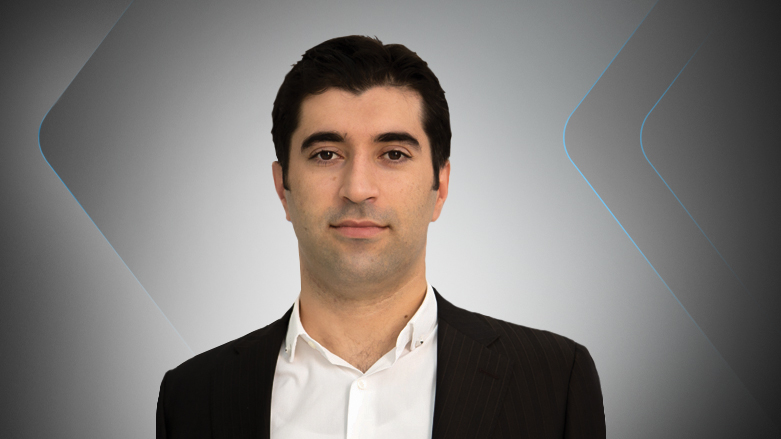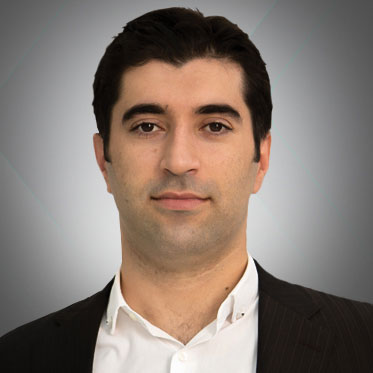The scope of UNAMI’s role in post-IS Iraq

The United Nation’s Assistance Mission for Iraq (UNAMI)’s primary responsibility is to support national development efforts at the political, electoral, and humanitarian levels.
The aftermath of KRG’s referendum for independence is a critical test for UNAMI’s credibility and leadership in Iraq. Now that the relations between Baghdad and Erbil are at the minimum, only a recognized third party such as the UN can start mediating a transparent, reasonable and fruitful negotiation process.
In his lengthy report to the UN Security Council, Mr. Ján Kubiš, the special representative of the UN Secretary-General, asserted his willingness for mediation if both sides agree.
The KRG welcomed the initiative, but Baghdad has been reluctant so far to proceed with such a process. The question is: how can the UN alleviate already tenuous relations between the two parties? In my view, the UNAMI team should take two points very seriously: understanding of the real intention of both sides and using this to tailor a framework for negotiation, and secondly, creating a win-win scenario to restore a prolonged domestic peace.
Haider al-Abadi, Iraqi prime minister’s overconfidence, and the KRG’s ongoing internal divisions have given Baghdad the upper hand. Abadi came out triumphant as ISIS has finally been militarily crushed, and Iraq has restored its territory after more than three years of intense fighting, in large part thanks to the international coalition’s assistance.
However, the recent skirmish between Iraqi forces and the Peshmerga had flipped the coin: By now, it is evident that the sectarian Iraqi forces cannot represent all Iraqis. Abadi is known to be a moderate man, but he needs to show Iraqis and the international community that he is the leader of all Iraqis.
He wants to take credit for the recent victories as he needs it desperately to be re-elected as the prime minister in the upcoming parliamentary elections, but he well acknowledges the vitality of obtaining greenlight from Iran and the US. To do so, he plays a game of chicken: To accept the UN and International community’s call for negotiation with the KRG and yet pushing too far in his unrealistic demands in setting a number of hard-to-meet preconditions.
He intends to show the world that he is the real deal-maker in Iraq.
So far, the indications are not so impressive. The UN as a neutral, third-party organization cannot impose much pressure on Abadi since its’ mandate is activated by a request from the Iraqi government which is renewed annually.
Hence, all Mr. Ján Kubiš and his team can do is to ask Iraq’s different actors and political parties in power to accept its role for mediation. As this call has not been welcomed by the authorities in Baghdad, creating a supportive environment for productive and constructive negotiations remains unfulfilled.
The next challenge for the UNAMI would then be how to make sure that the KRG and Baghdad could reach a mutually acceptable compromise.
Iraqi authorities’ de facto presence in the disputed areas and the subsequent dire humanitarian situation change the political landscape of Iraq’s internal affairs. Unfortunately, the UN played a minor role to de-escalate the tensions.
Mr. Ján Kubiš’s report to the UN Security Council was harshly criticized by the Kurds as he did not mention the presence of Popular Mobilization Forces (PMFs) and Iranian militias in these areas. Given the new reality that PMF commanders are currently the actors of Iraq’s internal politics, UNAMI is likely to lean its position toward the center, which is not surprising by those who have a fair amount of knowledge of the very characteristics of the UN’s structure and policies.
The only common ground that UNAMI could draw as the basis for negotiations is the Iraqi Constitution which both parties and the international community have agreed upon. However, the critical question is: Can the UN as the mediator put forward the necessary mechanisms which can create a healthy balance between the federal government’s conditions and the KRG’s constitutional rights?
The international community has backed Iraq and saved its artificial sovereignty and territorial integrity once more. The UN Security Council urged Baghdad and Erbil to avoid tensions and start negotiation based on the Iraqi constitution. They outsourced UNAMI to take care of the enduring job. However, creating a win-win scenario is far from reality.
Hemin Mirkhan is the Director of Centre for Regional and International Studies (CRIS) at the University of Kurdistan – Hewler (UKH).
The views expressed in this article are those of the author and do not necessarily reflect the position of Kurdistan 24.
Editing by Sam. A
